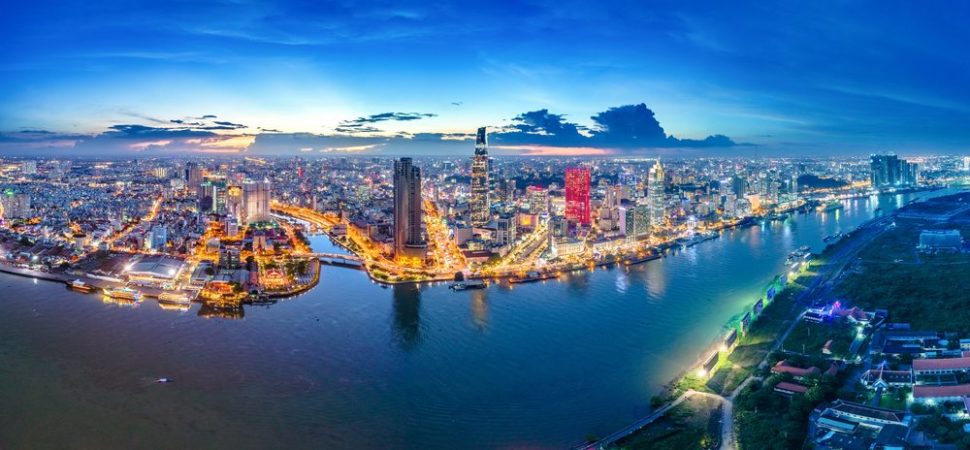This article details news of Vietnamese cybersecurity laws and how the country wants Facebook and Google to change how they approach operations in Vietnam. It also discusses how the purpose of social media is changing across the world.
Companies operating globally cannot operate outside local law in all cases. But, in light of new cybersecurity legislation in Vietnam, Facebook and Google may need to re-evaluate.
The vote won’t take place until late May, but the law’s tenets have people concerned.
The law proposes new legal requirements aimed at internet companies. It also proposes harsher policing of online dissent — political or otherwise.
What are Vietnam’s reasons for this and why are Facebook and Google fighting it?

The Purpose of Social Media is Changing
This slide comes from a 2016 study on digital, social, and mobile data trends. You can see how much more younger demographics use social media over older demographics.
Similarly to America, people use social media to share videos of ongoing situations.
From someone arguing in a grocery store to videos documenting police violence, many users treat social media as a social justice platform.
The proposed Vietnamese law takes aim at videos like this in an attempt to lessen dissent.
Human rights activists in Vietnam wrote a letter to Mark Zuckerberg, inquiring after his intentions in Vietnam.
These concerns stem from bigger changes in Vietnam’s cyber warfare unit — Force 47. The 10,000-member unit’s goal is to identify and challenge digital “wrong views”.
This all occurred in accordance with several socially conscious investment firms withdrawing support for Facebook. But Facebook’s latest transparency report contests the statements made in the letter.
How Facebook Treats Threats
Facebook’s vice president of global policy management Monika Bickert told Reuters:
“The first thing we do when a government tells us about content that violates laws is we look at whether it violates our standards.”
Content reported as violating local law goes through legal review before Facebook blocks it.
In fact, Facebook stated that, in 2017, it had received 12 separate government inquiries toward Facebook user account data. The data-hungry social platform complied with just 4 of them as they were designated “emergency” requests.
This means that the accounts in question involved risk of death, harm, or injury. In light of the newly proposed law, this process would no longer be viable.
A History of Social and Digital Concerns
Vietnam has had stringent internet regulations since as early as 2013.
They quickly deal with anti-government posts or posts that might harm national security. But this also includes posts that might “hurt the prestige of organizations and individuals.”
The country even attempted to force companies to remove “illegal content” in three hours or less of it being reported.
Despite the want for more control over data, Vietnam wants to encourage its digital growth.
The new law would have companies such as Facebook and Google to open “data centers.” These centers would store Vietnamese user data, acting as separate sects of the parent company. The centers would also be subject to Vietnamese law entirely.
Vice President of the Vietnam Institute of Information Security Nguyen Hong Van said that these measures would better protect Vietnam in the event of a cyberwar.
“What would happen if personal information such as locations and behaviors of the Vietnamese population is gathered by people with bad intentions through such services, which we neither have knowledge nor control of…
If a cyber war was to be waged against Vietnam using such loopholes, the consequences would be immeasurable.”
But this push for on-site data centers may conflict with Vietnam’s membership in the World Trade Organization (WTO). If the bill passes, perhaps this conflict of interest will become a bigger talking point.
Companies like Facebook will have to seriously consider next steps if the law passes.



















Comments (0)
Least Recent